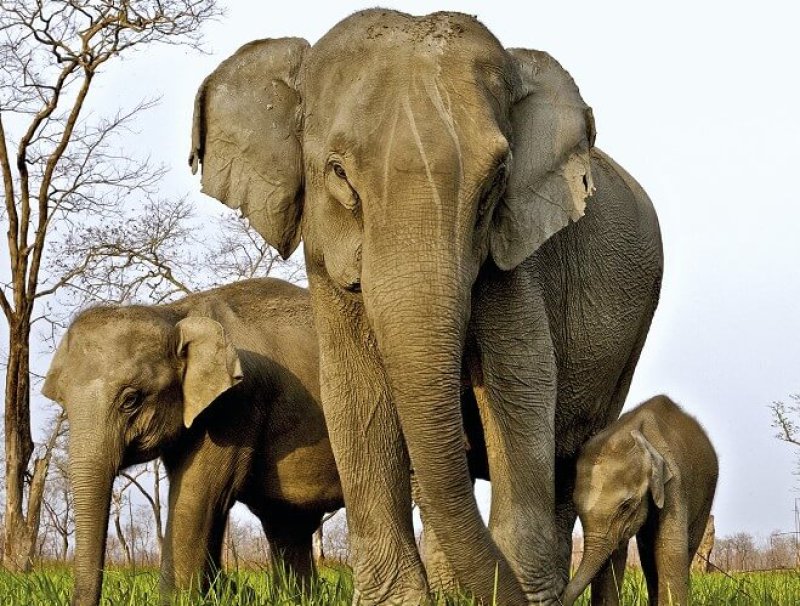It’s an odd phenomenon that scientists have observed: elephants rarely get cancer despite their massive size, and, presumably, more cell divisions. The elephants’ ability to avoid cancer is tied to its genetics. As it turns out, elephants have 20 copies of a tumor suppressor gene called p53. By contrast, humans have just one copy. The gene acts to repair damages that can lead to cancer, and by having more copies of this gene, elephants significantly reduce their burden of getting cancer.
…
Joshua Schiffman, a pediatric oncologist and scientist at the University of Utah in Salt Lake City,…is convinced that cancer’s worst enemy is the elephant version of p53, which is slightly different than the human version. In experiments, a synthetic version of elephant p53 was reportedly effective against seven human cancer cell lines, including lung, breast, and bone.
…
Schiffman is also working with another lab to produce large quantities of a synthetic version of the protein for testing in mice and dogs. Human clinical trials are on the docket in three years time if the animal trials go well, Schiffman believes.
The GLP aggregated and excerpted this blog/article to reflect the diversity of news, opinion, and analysis. Read full, original post: What Can Elephants Teach Us About Cancer?































